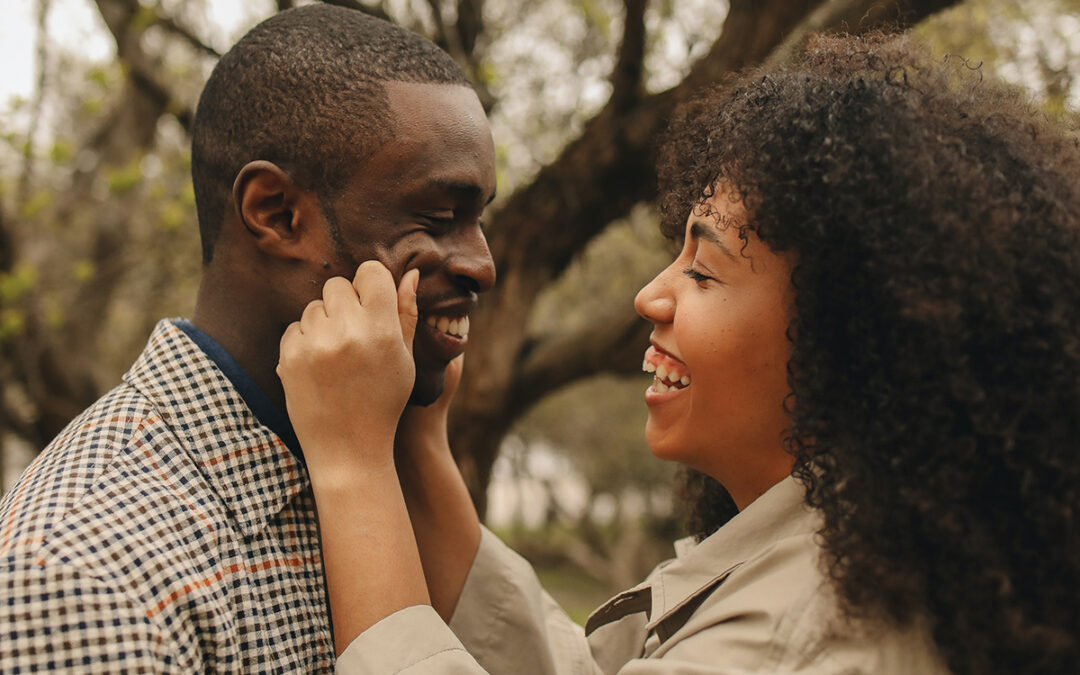Looking for making changes in your life but don’t know where to begin? Discover 3 questions to ask yourself if you want to change the way you approach your goals, especially when it comes to romance and dating.
As a professional therapist, I have an odd relationship with the idea of making changes. The desire for change is the primary motivator for people to step into my office. On one hand, I believe deeply in personal metamorphosis and in the dogged human spirit that leads us to try again or at all.
On the other hand…
Are you bracing for a “but”? Because there’s a but.
There’s a dynamic around “change” and its innumerable cousins like “transformation”, “habits”, “goals” and “intentions” (quite the extended family here) fueled by culture and billion-dollar industries. Industries that set people up for failure. So let me be upfront before you read any further: I do not possess a comfortable and effortless solution to making lasting changes. Anyone promising you these things probably has both hands in your wallet.
Whew. Feels good to finally say that.
Do note the use of the qualifiers “comfortable” and “effortless”. What I do have instead are some ideas to support change as you work towards your goals. Usually, for lasting change, we need to start a few paces back from our goals themselves.
I know. I know. Definitely not as fun or immediately gratifying, bear with me though.
We’ll use the example of wanting to find more fulfilling romantic or dating relationships.
3 Starting Questions to Making Changes
1. Where are you?
Not knowing how you got somewhere is, paradoxically, the best way to end up there again. Consider as fully as you can the various internal and external factors that have left you feeling “stuck” or desiring a change. These are ultimately what you’ll need to navigate to sustain a change. I’ll call them your “stuck factors” for now.
Back to our example around finding more fulfilling dating and romance experiences, what are your potential “stuck factors”?
Try asking yourself:
- Do I have unrealistic expectations of others?
- Do I routinely lose attraction at the 3-6 month mark?
- Are monogamous relationships recurrently unfulfilling for me?
- Am I settling quickly to assuage a sense of loneliness, and overlooking a lot of incompatibilities in the process?
- Or am I “stuck” because I’m an LGBTQ+ person in a rural area where your dating pool is approximately 3 people?
2. What road do I need?
Notice how these “stuck factors” require dramatically different remedies and courses of action despite falling under the same broader goal. Healing an attachment wound won’t help your love life if there’s no viable dating pool in your area. Conversely, moving to an area with more candidates won’t help if you’re going to play out the same anxious-avoidant loop with each partner.
If you are dispositionally poly, pursuing an incongruent relationship architecture may consistently lead to disappointment.
This is also where I would consider what the likely barriers are to taking said road. Identifying likely barriers along the road makes your long-term success more likely and can insulate you from disappointment when setbacks inevitably occur. Did I mention that setbacks are a normal part of the process?
3. What do I want badly enough to persist?
Anecdotally, fear of a consequence and the desire to escape discomfort are sufficient to begin change, but not to sustain it. You need a sufficiently sophisticated understanding of what you want to serve as both your compass and motivation.
For instance, “ I don’t want to be lonely” is a common but frequently inadequate reason for wanting more fulfilling relationships. If you were more fulfilled, how would you know? What do you want to offer in a relationship? What would a fulfilling relationship solve? (And what would it *not* solve?) What will this do for your life that makes a lot of discomfort and sacrifices worth it?
These aren’t necessarily easy questions nor are they exhaustive, but they’re a good starting place for making changes. There’s also a lot more nuance to the above, but I’ll have to save that for another blog.
Find Counseling in Baltimore, MD
Many of us think of the new year as an opportunity for setting resolutions and making changes in our lives. However, we all know how difficult it is to keep our goals and not fall back into old habits.
Our therapists at New Connections can help you focus on the changes that are important to you, and work with you to overcome the “stuck factors” that are in the way of your success. We’re also experienced in anxiety, depression, EMDR, trauma, couples counseling, and other life challenges.






